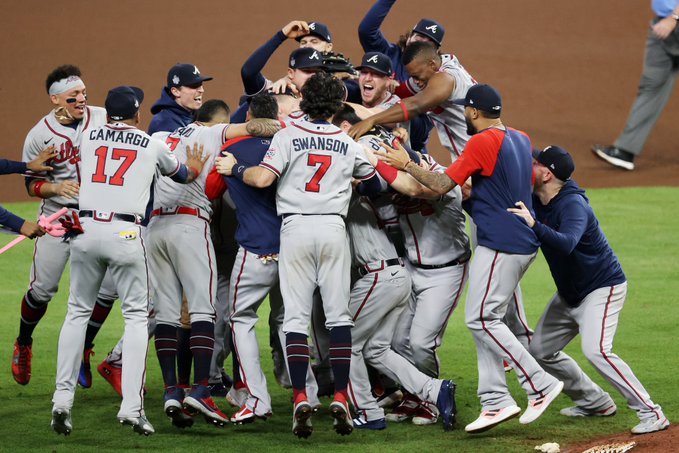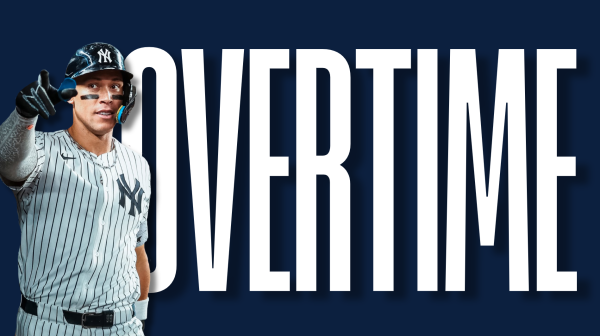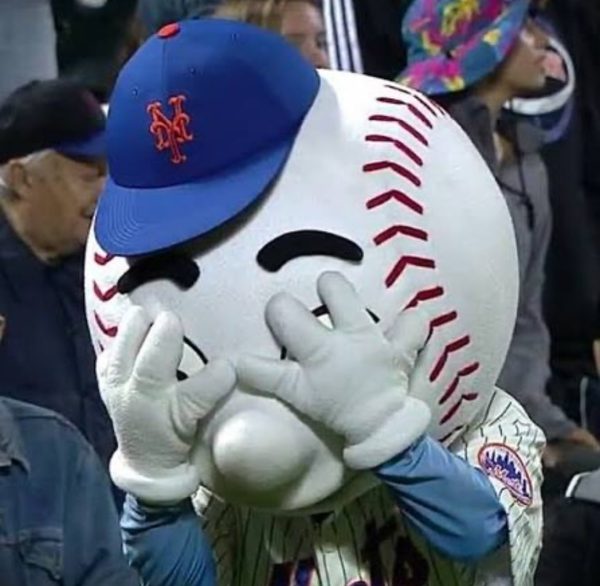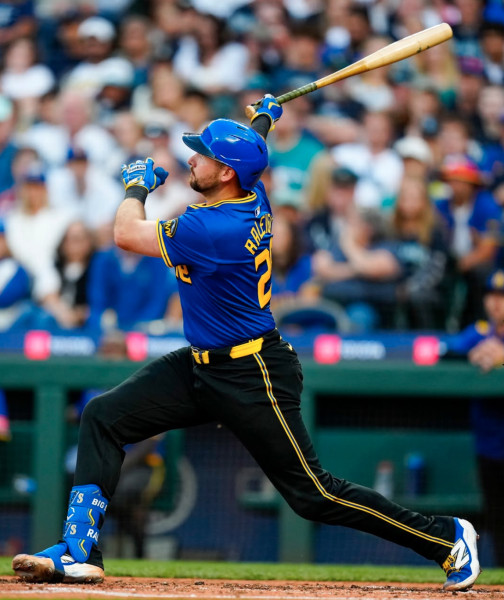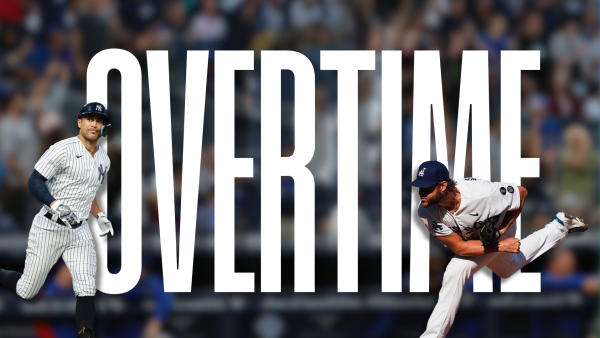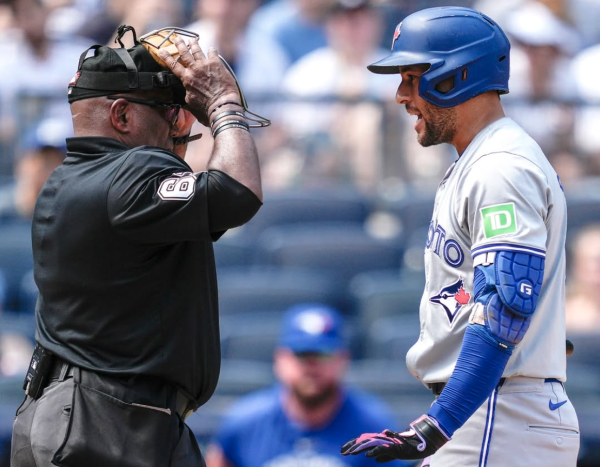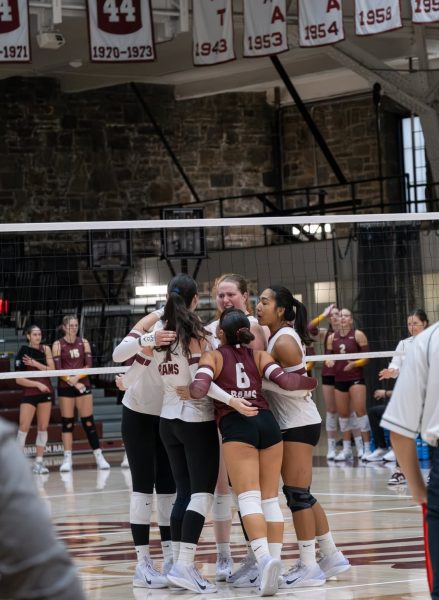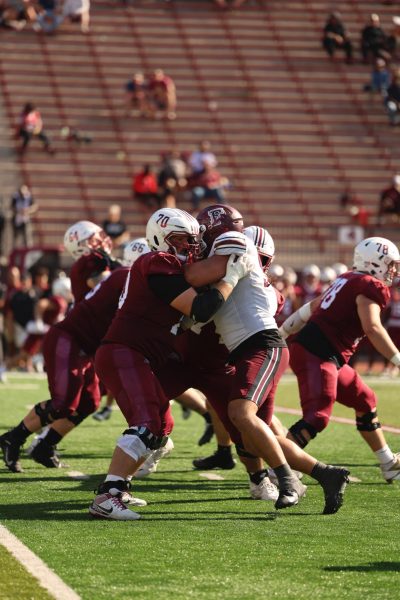Atlanta Braves’ Trade Deadline Moves Culminate in World Series Win
The Atlanta Braves looked like a team that would miss the MLB Playoffs a few months ago, but they won the World Series against all odds, largely due to a series of moves made at the trade deadline.
The Braves defied hte odds against them with some deadline moves to win the World Series. (Courtesy of Twitter)
The Atlanta Braves won the World Series against all odds, something they had been unable to accomplish since 1995. They had the worst regular season record of any postseason team this year at 88–73. After reaching the World Series five times in the 1990s, the Braves had been absent from the Fall Classic since 1999, despite 11 division titles in the 21st century. Finally, the Braves broke their championship drought. And it is all thanks to a series of moves made back in July by Braves’ General Manager Alex Anthopolous.
The 2021 MLB trade deadline was one for the ages. The Los Angeles Dodgers turned key prospects into Max Scherzer and Trea Turner. The New York Yankees netted a pair of lefty sluggers in Joey Gallo and Anthony Rizzo. The Chicago White Sox improved their lockdown pen by getting both Craig Kimbrel and Ryan Tepera. The San Francisco Giants secured Kris Bryant, the Boston Red Sox got Kyle Schwarber and the New York Mets made a last second deal to get Javy Baez. Sliding under the radar of all this chaos were four trades made by the Atlanta Braves, who were questioned at the time. Now, the Braves are parading through the streets of Atlanta.
The Braves were 44–44 and four and a half games back from the Mets on July 10 when 23 year-old superstar Ronald Acuña Jr. went down with a season-ending ACL injury. That looked to be the devastating blow that crushed the already underperforming Braves. Five days later, Atlanta flipped prospect Bryce Ball to the Cubs for former Dodgers outfielder Joc Pederson. Pederson had been decent through the first half, but it just looked like the Braves were trying to tread water.
The Braves managed to tread water the two weeks after. Then, the Braves made a flurry of trades on July 30. They still sat five back in the division at 51–54. Fangraphs gave them an 11.9% chance to make the playoffs and 0.8% of winning the World Series. Atlanta traded low-potential prospects to the Cubs and Marlins for outfielders Jorge Soler and Adam Duvall. Then, they flipped veteran infielder Pablo Sandoval for Indians outfielder Eddie Rosario. Soler and Rosario had struggled mightily through the first half, while Duvall had put up solid power numbers in Miami. Still, the three acquisitions did not appear to make the Braves significantly better, and many MLB experts questioned why Atlanta had taken such an aggressive approach at the trade deadline.
Fortunately for Atlanta, the Braves did not seem to care much about what the experts thought. They went 36–19 during the season’s final two months. The Braves’ playoff odds stood at 7.0% on July 23. They regained a division lead by Aug. 15. They never looked back, clinching the division on Oct. 1.
Five players had a wRC+, a sabermetric stat that calculates overall offensive production, above 100 during that stretch. Three of them were Rosario, Soler and Duvall. Rosario led the Braves in OPS in the second half, and Duvall led the NL in RBIs. Sometimes, the best proof of a player’s impact is winning percentage. Before the trade deadline, the Braves won at a .491% clip. After the trade deadline, the clip increased to .655%.
The Braves’ postseason path took them through some of the best teams the MLB has to offer. The trade deadline acquisitions emerged at the forefront of each series. Joc Pederson crushed two home runs and led the Braves to three straight wins with his 1.714 OPS against an elite Milwaukee Brewers pitching staff that recorded the third lowest ERA in baseball. Eddie Rosario’s .560 batting average and 1.647 OPS helped Atlanta take down the reigning world champion Dodgers. Soler earned World Series MVP honors after hitting to a 1.191 OPS and blasting three home runs, one of which came on the World Series’ first pitch.
This is not to diminish the impact of longer tenured Braves. 12-year Brave Freddie Freeman absolutely killed it in his first World Series appearance and posted a 1.045 OPS for the entire postseason. Austin Riley, Travis D’Arnaud and Dansby Swanson all put up respectable performances. Tyler Maztek and Will Smith dominated in the pen while Max Fried and Ian Anderson helped carry a diminished starting rotation. Still, trade deadline acquisition Eddie Rosario led the Braves in OPS (1.073), OBP (.456) and BA (.383) over the course of their playoff run.
The story of the 2021 Atlanta Braves will be told in Atlanta for years to come. While the legacies of Rosario, Soler and Pederson will be cemented in Braves history, let’s not forget the man that brought it all together, Alex Anthopolous. The Braves’ manager believed in a team that looked to be on the verge of collapse. While other managers went for big names and superstars, Anthopolous looked for the guys that would fit in well with their system. While other teams gave up their top prospects, Anthopolous traded Pablo Sandoval and three prospects that, to put it simply, are not noteworthy. In return, he got four bats that helped lead Atlanta to a World Series.
The Braves were able to survive without Ronald Acuna, not only their best player on the team but one of the best players in all of baseball. They got by on a starting rotation that was essentially two deep after Charlie Morton’s season-ending injury in Game 1 of the World Series. They held two of the best offenses in baseball in check and managed to do damage against some of the best pitching in baseball. It’s an impressive run to say the least. It’s thanks in large part to four under-the-radar moves made in July.

Lou Orlando is a junior from Brooklyn, N. Y. majoring in journalism. He joined the Ram as a freshman, writing articles for the sports section. Lou is thrilled...





































































































































































































